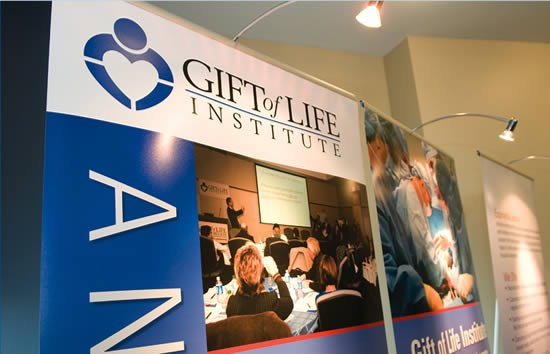How to Leverage Social Media to Create Greater Credibility in Your Training Program
In the world of training, it used to be enough to have a podium or a position of acknowledged authority, so that audiences would pay attention. But, with the proliferation of social media, all that's changed.
Over the past few years, a number of bestselling books have been written about how social media is impacting business in terms of giving all consumers of information a voice and level of influence in the perception of brands and the impact of a corporate message.
Among these, Trust Agents: Using the Web to Build Influence, Improve Reputation, and Earn Trust by Chris Brogan and Julien Smith, Tribes: We Need You to Lead Us by Seth Godin, and Groundswell: Winning in a World Transformed by Social Technologies by Charlene Li and Josh Bernoff, offer keen insights into the need for all organizations to participate in the social platforms that are affecting markets and perception.
The world of training is particularly impacted by social tools and changing dramatically—it used to be enough to have a podium or a position of acknowledged authority, so that audiences would pay attention. Now audiences expect more—they want to connect prior to an event, continue a dialog after a session, and even continue to participate and comment as training takes place.
The trend is obvious in all areas of presentation that the “expert” is no longer taken for granted as an authority figure. Among other factors, the “Backchannel”—or chatter among attendees during an event that can impact the attention and respect afforded a speaker—speaks to the new ways that audiences expect to be engaged, involved and treated with respect.
As the authors mentioned above point out, the key component of any information transaction today is creating value and providing a real benefit within the social landscape. Those who provide insight, value and, in some cases entertainment, gain influence, even over those who have previously been deemed authority figures. In the numerous examples described by these social media experts an individual or group can become a “Trust Agent,” create a “Groundswell” or become a “Tribe” by creating significant value through its engagement and communication through social tools like blogs, private and public social networks, viral video (on sites YouTube or Vimeo) and popular platforms like Twitter, Facebook and Google+.
Theresa A. Daly is Director of Gift of Life Institute in Philadelphia, PA.


